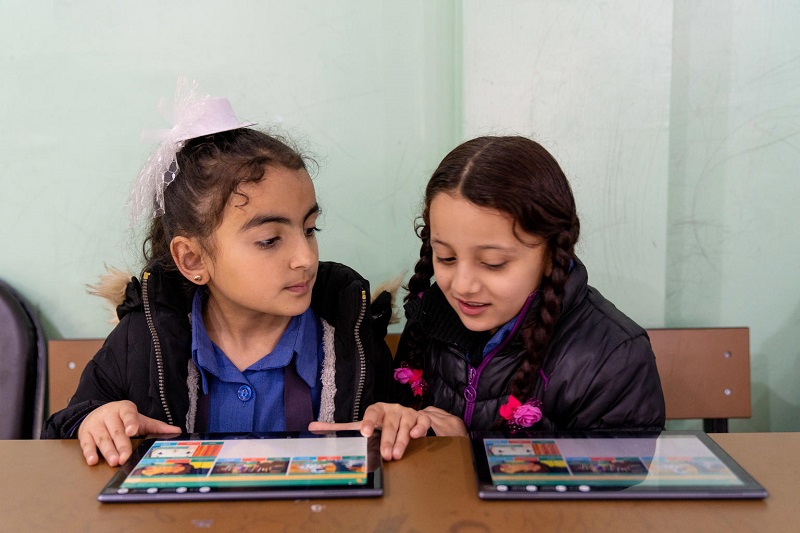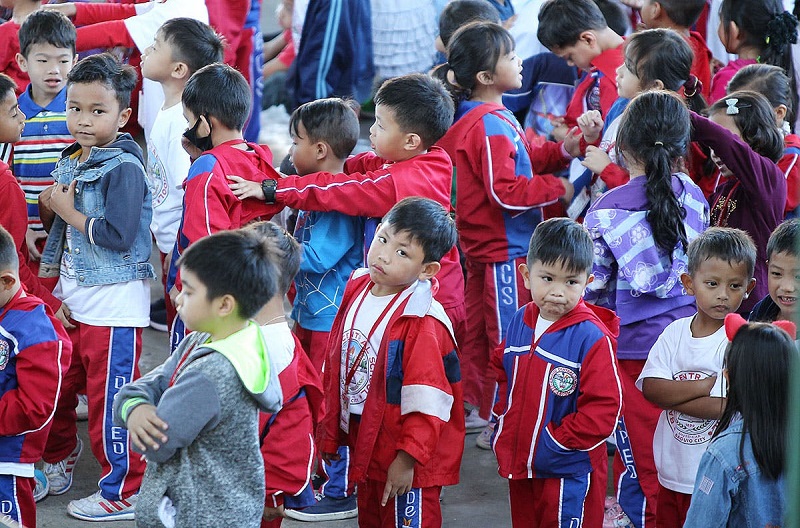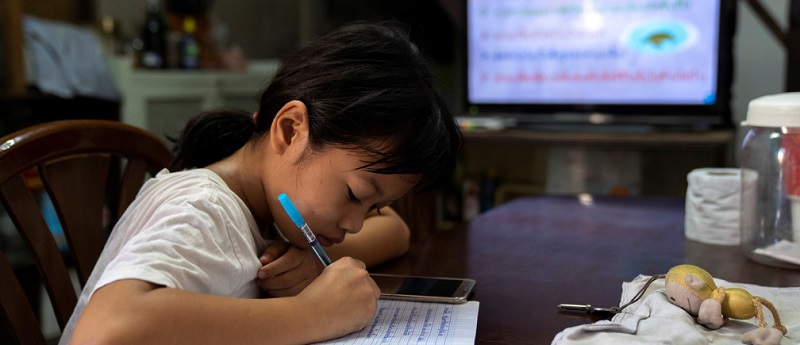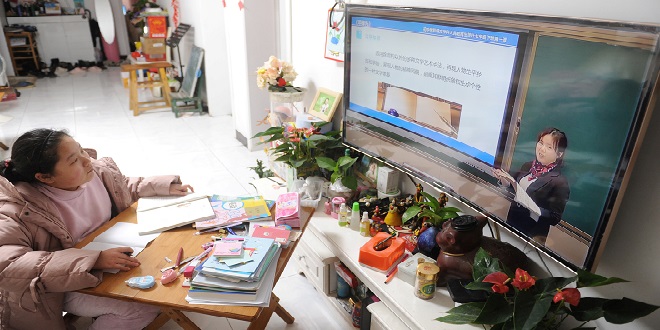MANILA, Philippines — Early childhood is a crucial stage in a child’s life. As a child grows from infancy up to eight years old, important connections are happening in the brain. Brain development progresses at a very rapid pace in the first few years of life, and at three years of age, a child’s brain is twice as active as an adult brain. This is a very special time that will never happen again.
As a result of the COVID-19 pandemic, young children are staying at home without access to daycare. This can have long-lasting consequences among very young children as the unfolding overwhelming circumstances affect their brain. This can lead to toxic stress among children, which produces high levels of cortisol, a stress hormone that disrupts the process of brain development by limiting the proliferation of brain cells, damaging health, learning, and behavior. But even as schools and daycare centers remain closed, parents and caregivers can continue young children’s learning at home.

“Children may not be the face of this pandemic, but the impact it will have on them is lifelong,” UNICEF Philippines Representative, Oyunsaikhan Dendevnorov, stated. “Learning must continue. The key is to find alternative ways for them to grow and develop when staying at home.”
UNICEF’s child development experts offer tips to sustain children’s learning and development amid COVID-19.

Listen and interact
At this time, children may be distressed and search for a sense of regularity, a safe space for them to talk, to ask questions, and express their feelings.
“Your children must feel secure in your love,” UNICEF Philippines’ Early Childhood Development Officer, Cecille Dajoyag, shared, “Consistent and supportive adult caregiving–together with adequate nutrition–are the best ways to offset the effects of multiple adversities and to support healthy brain development.”

Be actively involved and observant of your child. Pay attention to what they see or hear on television, the radio, or online, for misinformation can cause a lot of anxiety and fear. Interact with them meaningfully and reassure them that whatever they are feeling, whether it is bored, scared, or lonely, it is valid. Not only will this make them secure with you, but it will also nourish the continuously growing relationship you have with them.
Bond and create activities
To develop to their full potential, young children need nurturing care, conditions that provide good health, security, responsive caregiving, and opportunities for early learning. Create a routine together and observe your child’s interests, abilities, and learning styles.
UNICEF recommends enjoyable activities such as playing, whether make-believe, free play, or playful learning, reading stories, singing songs, and doing household chores together. These will help children cope with stress while bonding and relaxing with you.
Learn with them
Social-emotional learning, play-based learning, and supporting parents to engage with children is critical during this time. Play gives children opportunities to acquire not just physical, but also cognitive, language, and social skills.
Children witnessing their parents or caregivers wanting to learn with them is a major plus. Show genuine enthusiasm for learning and take every opportunity to discover new information together. UNICEF encourages learning life-saving messages, such as handwashing and physical distancing through dance and song.
Playing is learning
Children do not need new or expensive toys for their learning and development. Make use of clean, safe, and colorful objects around the house. Plastic bottles with pebbles inside can serve as shakers, socks and buttons can be made into puppets, and magazine cutouts can be made into puzzles.
While there are age-appropriate toys, it is best to de-gender toys. Allowing young girls to play with traditional “masculine toys” associated with large motor development and spatial skills and young boys to play with traditional “feminine toys” associated with fine motor development, cognitive sequencing of events, early language development and social skills allows them to develop their full range of interests and talents.
As the world gradually recovers, UNICEF is committed to ensuring the growth and development of every Filipino child. UNICEF helps in developing strategic education plans with national government partners, aids in the continuation of early learning during emergencies, engages caregivers in a #LearningAtHome challenge, and produces storybooks that promote learning.
During emergencies, education can be lifesaving and life-sustaining. This is why during the COVID-19 response, UNICEF believes it plays a critical role in protecting public health, keeping children safe, ensuring continuity of learning, and promoting mental health and psychosocial wellbeing.
To donate to UNICEF’s COVID-19 response, go to https://donate.unicef.ph/


